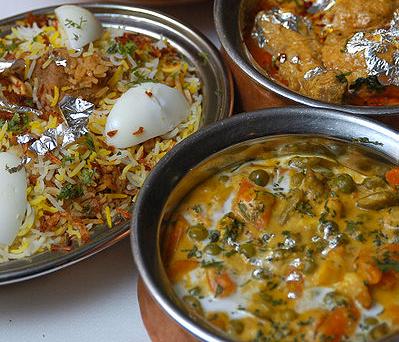As we become more health-conscious, dietary restrictions and specialized diets are becoming more common. While many of us have heard about gluten-free, vegan, or vegetarian diets, there are many other special diets that cater to specific needs and preferences. In this article, we’ll explore some of the diverse special diets available, their benefits, and what you can expect from each.
1. Paleo
The paleo diet aims to mimic the eating habits of our hunter-gatherer ancestors from over 10,000 years ago. This diet primarily consists of whole, nutrient-dense foods like fish, meats, vegetables, fruits, and nuts while avoiding processed foods, grains, and dairy. Its followers claim that the paleo diet can help you lose weight, reduce inflammation, and improve your overall health.
2. Ketogenic
The ketogenic diet is a high-fat, low-carb, and moderate-protein diet that puts the body into a state of ketosis, where it burns fat instead of carbohydrates for energy. This diet has become popular in recent years for its potential to aid in weight loss, improve blood sugar control, and enhance mental clarity.
3. FODMAP
The FODMAP diet aims to reduce consumption of certain carbohydrates found in many common foods. These carbohydrates are fermentable and can cause digestive issues like bloating, gas, and stomach pain. The FODMAP diet typically involves eliminating or reducing certain high FODMAP foods like wheat, beans, garlic, onions, and some fruits and vegetables. This diet can help manage irritable bowel syndrome (IBS) symptoms.
4. DASH
The DASH (Dietary Approaches to Stop Hypertension) diet is designed to lower blood pressure and promote heart health. It involves eating plenty of fruits, vegetables, whole grains, lean protein, and low-fat dairy while limiting saturated fats, salt, sugar, and red meat. This diet is often recommended for those with high blood pressure or a family history of heart disease.
5. Mediterranean
The Mediterranean diet is based on the traditional eating habits of people in countries bordering the Mediterranean Sea. It emphasizes whole foods like fruits, vegetables, whole grains, and healthy fats. Red meat is not a major part of this diet, and instead, fish, poultry, and plant-based proteins like lentils and beans are emphasized. This diet is often recommended for those looking to reduce their risk of heart disease, type 2 diabetes, and certain cancers.
As you can see, there are many diverse special diets available that cater to different needs and preferences. Before starting any new diet, it’s essential to consult your doctor or a registered dietician to ensure that it meets your nutritional needs and goals. While special diets can be beneficial, it’s important to remember that there is no “one-size-fits-all” approach to nutrition. By taking the time to discover what works best for your body, you can design a dietary plan that helps you feel and perform your best.











